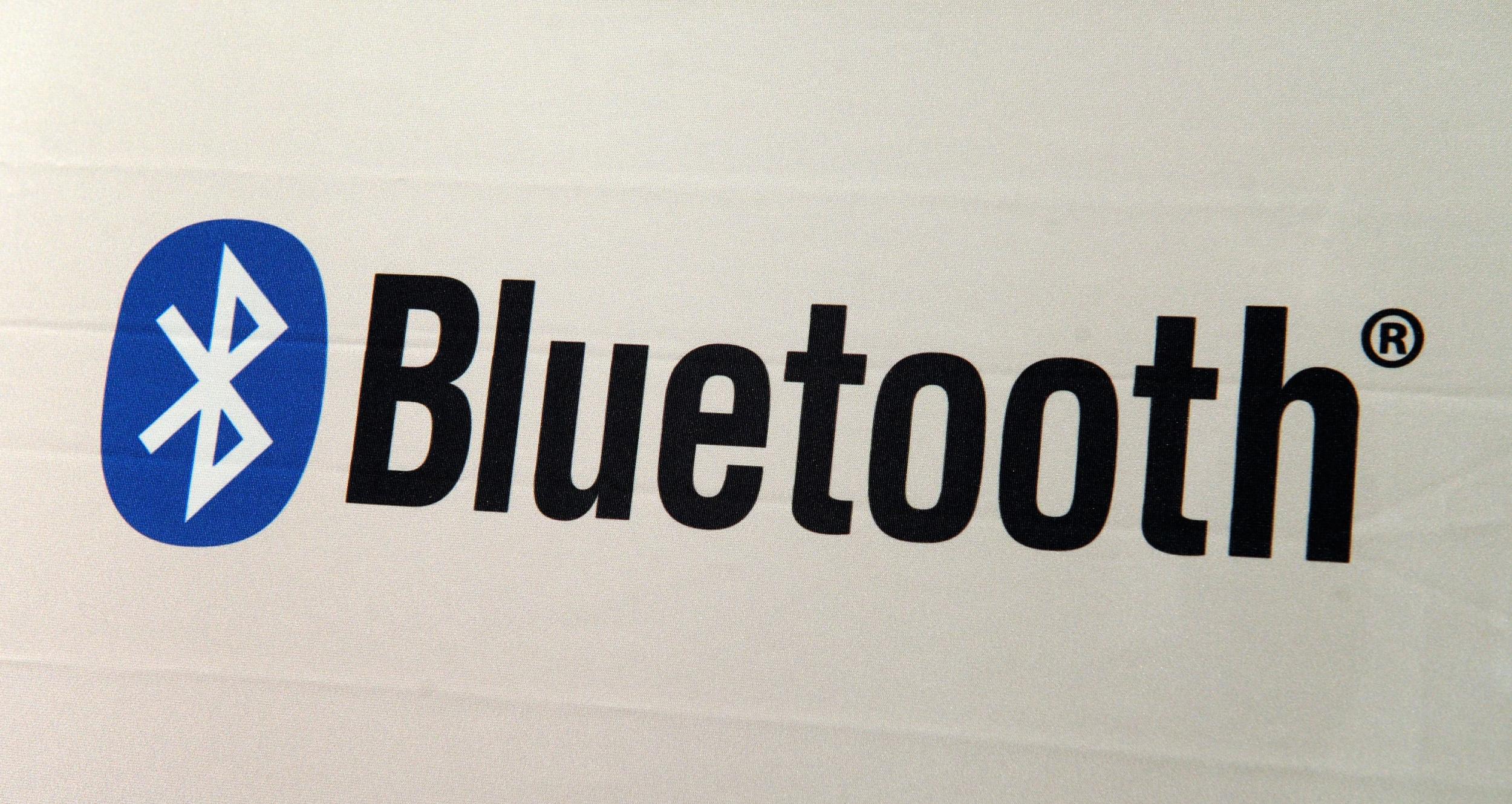Bluetooth to get more powerful and further-reaching from next year
Mesh networking, a longer reach and faster data transfer will start arriving next year

Your support helps us to tell the story
From reproductive rights to climate change to Big Tech, The Independent is on the ground when the story is developing. Whether it's investigating the financials of Elon Musk's pro-Trump PAC or producing our latest documentary, 'The A Word', which shines a light on the American women fighting for reproductive rights, we know how important it is to parse out the facts from the messaging.
At such a critical moment in US history, we need reporters on the ground. Your donation allows us to keep sending journalists to speak to both sides of the story.
The Independent is trusted by Americans across the entire political spectrum. And unlike many other quality news outlets, we choose not to lock Americans out of our reporting and analysis with paywalls. We believe quality journalism should be available to everyone, paid for by those who can afford it.
Your support makes all the difference.Bluetooth is set to become more powerful, further-reaching and faster in 2016, according to a new roadmap for the technology published by the Bluetooth Special Interest Group (SIG), the body that oversees the licensing and development of Bluetooth.
Bluetooth has been widely used since the 90s, but it's increasingly becoming a major part of the much-hyped 'Internet of Things' - the name given to physical objects like lights, thermostats and even coffee makers that are connected to the internet.
In order to play a bigger role in this expanding network, Bluetooth is going to get beefed up in a big way.
The roadmap promises a series of updates to the technology - and considering the SIG is an industry body that has the backing of tech giants like Apple, Intel and Microsoft, we could start seeing these added features soon.
The upgrades will include a doubling of Bluetooth's speed to 2Mbps, without increasing energy consumption - this means data will be able to be transferred quicker, resulting in more responsiveness and less latency when using the tech.
This is handy if you want to dim your smart lights without leaving the couch, but will also increase Bluetooth's utility in more important applications, like medical technology.
Bluetooth Smart, the latest version of the tech, will also get a boost - delivering a greatly extended range and a stronger connection, potentially making Bluetooth a better option for a range of applications in the home.
Mesh networking will also be introduced, that will allow lots of Bluetooth devices to unite in a single network, again increasing range to possibly cover a whole building, making it better for use in the home and in industrial applications.
WiFi is currently the standard type of connection for Interent of Things devices, like smart lightbulbs or thermostats, but a better Bluetooth system could make it easier to connect to these devices, and provide a stronger and quicker connection.
Also, Bluetooth is named after Harald Bluetooth, the 10th Century King of Denmark and Norway, which is much cooler than 'WiFi' anyway.
Join our commenting forum
Join thought-provoking conversations, follow other Independent readers and see their replies
Comments